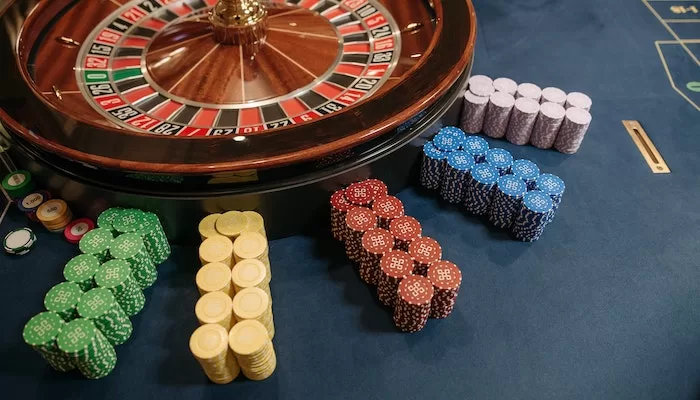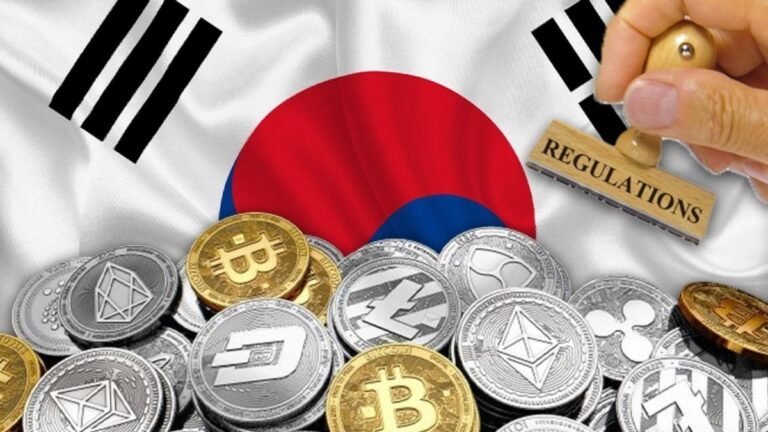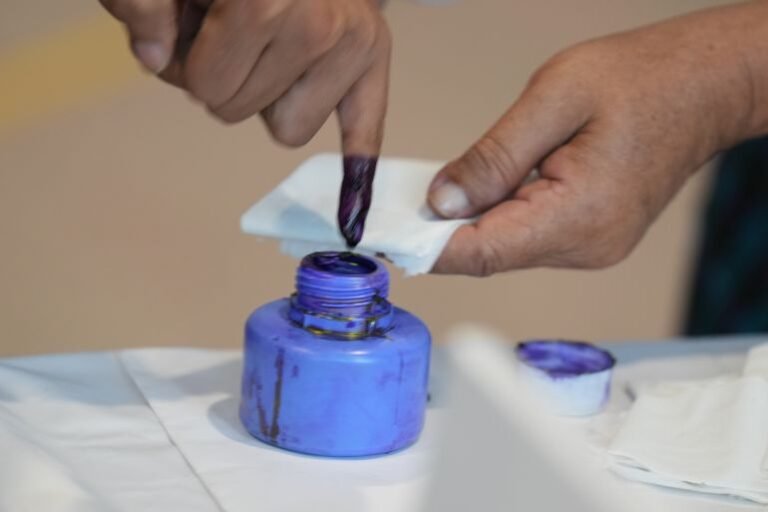As the Internet reshapes the way individuals interact with gambling, one growing divide is particularly noticeable: social gambling versus real money gambling. While both are rooted in the excitement of the unknown, the legal, cultural, and psychological aspects are more contrasting than ever. In Korea, regulators as well as players exploring these two worlds simultaneously need to know where the line is drawn.
The Allure of Social Gambling: Risk-Free Entertainment or a Slippery Slope?
Social games themselves offer the convenience of real-world gambling without the use of real money. Social games are typically distributed through mobile applications, social media, or gaming networks and allow players to spin, bet, or gamble with virtual currency. Since players typically cannot withdraw this virtual currency, it falls under the category of entertainment in South Korean law, not gambling.
This separation has legalized and mainstreamed social gambling. It is being embraced by a new generation that values fast play, leaderboards, and sociality. The lack of real financial risk is one of the reasons social gambling is so popular as a “safe” alternative to regular gambling.
But on the surface, it’s not. Social gambling is anything but harmless. The psychological triggers that lead to gambling addiction using real money—intermittent rewards, near misses, and increased betting—all play a powerful role. The only difference? Instead of using real money, customers can be tempted to cross moral boundaries and buy virtual tokens when they run out of real money. While not strictly gambling, the revenue-generating model of most social casino games is similar to microtransactions in video games, which can lead to impulsive spending.
Real Money Gambling: Legality, Consequences, and Controversies
In contrast, real money gaming in South Korea is strictly controlled. The government effectively bans its citizens from gambling, except one land-based casino, Kangwon Land, which is legally open to Koreans. All other casinos are open only to foreign tourists. Horse racing, lottery, and some limited types of sports betting are permitted under government control, but anything beyond that is illegal.
Online gambling for real money, overseas sites accessed via VPNs, or overseas sites are prohibited for South Korean citizens. The government tracks Internet usage and economic activity, blocks access, and imposes substantial fines or imprisonment on offenders.
Despite these weaknesses, demand still exists. Most Koreans continue to use overseas or underground sites, succumbing to the temptation of instant cash gains and the strict legal requirements. However, the risks are unimaginable. In addition to legal sanctions, consumers are exposed to fraud, dependency, and a lack of consumer protection, and these concerns are further amplified in an atmosphere of a lack of regulation.
Cultural and Social Dynamics: Why the Divide Matters
To understand the conflict between social gambling and real money gambling in South Korea, we must consider cultural attitudes. Gambling is highly stigmatized in Korean society. Historically viewed as immoral or a reflection of poor control, problem gambling is seen as not only a personal problem but also a shameful problem for families and communities.
Social gambling thus offers a culturally acceptable middle ground, offering the thrill of competition and gambling without the social or legal repercussions of real gambling. For most players, it’s a liberating feeling, a way to engage in high-stakes play without crossing the line that could lead to shame or punishment.
This divide also plays out across generations. Younger Koreans, who are more comfortable with the digital environment and financially literate, are more likely to gamble socially. Older gamblers, who are more familiar with offline gambling environments and traditional games like horse racing, prefer to gamble for real money despite the risks.
Regulation and Accountability: A Tightrope Walk
South Korea’s hard-line stance on real-money gaming is balanced by a relatively liberal attitude toward social gaming. But as social gaming continues to proliferate, especially on mobile, regulators are increasingly asking themselves: Where are the limits? How can consumers be protected from exploitative monetization practices?
There is growing demand for consumer protections for social gaming, including better labeling, spending limits, and age verification, rather than an outright ban. Policymakers are also grappling with how to handle games that allow consumers to purchase virtual items using real money, especially when the virtual items mimic traditional forms of gambling.
At the same time, however, there is a continuing debate over whether to legalize or deregulate real-money gambling. Some argue that controlled legalization would eliminate black market activity, increase tax revenues, and strengthen regulation of gambling harms. Others warn of a slippery slope toward addiction, social inequality, and a weakening of moral standards.
A Converging Future?
As digital innovations blur the lines between gambling and gaming, so too do the lines between social gambling and real-money gambling. Loot boxes, in-game betting, and premium currencies are raising questions for regulators about traditional forms of gambling.
In South Korea, this convergence presents a unique challenge. With a conservative society and a technologically advanced population, South Korea must find ways to advance its legal system without compromising cultural values. Social gambling is currently in a murky territory, but as more platforms and new features emerge, the similarities to real money gambling become more pronounced.
The future may require a hybrid solution that treats gambling as a continuous system rather than a single, monolithic entity. Public education, specific regulations, and technology-based safeguards can all be used to strike a balance.
Conclusion
The legal and cultural differences between social and real money gambling in Korea have evolved over generations, driven by policy, social, and technological advances. As each barrier continues to crumble, a discerning understanding of the risks and attractions of each is more important than ever. Whether for entertainment or financial gain, wagering and obligations in Korea are strictly regulated. While the games themselves are online, the penalties are there.
Disclaimer: Gambling involves financial risk and can be addictive. Participate responsibly and only if you are of legal age.














